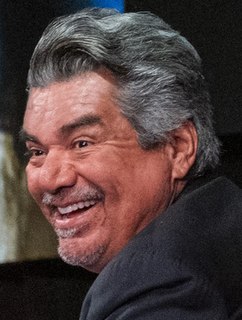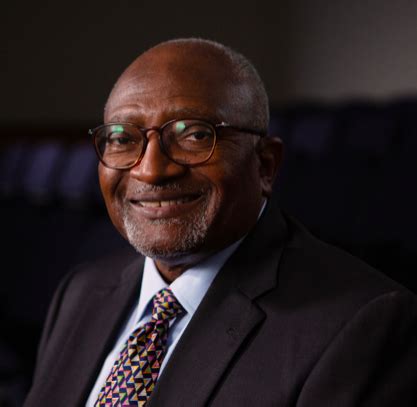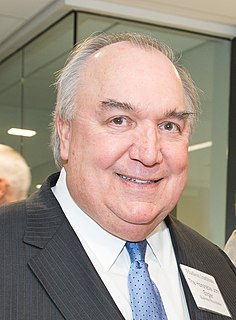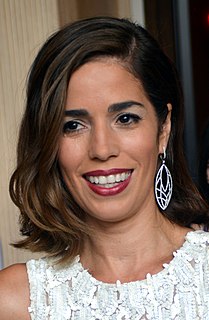A Quote by Ken Salazar
The way Americans most understand the history of Latinos in this country, a lot of it is being told now through the lens of what's happening with the immigration debate. While that's an important debate that has security and moral implications, in my view, there's also a huge history of Latinos in the United States that's never been told.
Related Quotes
An environmental revolution is taking shape in the United States. This revolution has touched communities of color from New York to California and from Florida to Alaska - anywhere where African Americans, Latinos, Asians, Pacific Islanders, and Native Americans live and comprise a majority of the population. Collectively, these Americans represent the fastest growing segment of the population in the United States. They are also the groups most at risk from environmental problems.
I've heard - when I first started, people were saying, "You know if it ends up being Trump against [Hillary] Clinton, it's going to be the highest-rated debate in the history of television - or, show in the history of television. And they also said something else. It'll probably be the greatest voter turnout in the history of this country. That could very well be.
I have been tested. I have beaten breast cancer. I have buried a child. I started as a secretary. I fought my way to the top of corporate America while being called every B word in the book. I fought my way into this election and on to this debate stage while all the political insiders and the pundits told, "it couldn't be done."
Number one, it is absolutely critical that we tone down the rhetoric when it comes to the immigration debate, because there has been an undertone that has been ugly. Oftentimes, it has been directed at the Hispanic community. We have seen hate crimes skyrocket in the wake of the immigration debate as it has been conducted in Washington, and that is unacceptable.
Imagine a country where the vast majority of seniors live in poverty, a country where for many there are no golden years, but a time of struggle and dependence. That was the United States before the creation of Social Security, which has proven to be one of the most effective and important government programs in our history.
I realized that most white Americans knew very little about our history and our struggle, and were having difficulty understanding the basis for our agitation and our resistance and our complaints. I also discovered that while black Americans had a sense of the beauty and tragedy of the journey from the time of slavery until now, we were not rooted in the specifics. I thought one way to familiarize people with that history would be through the voices of the great folk artists.

































